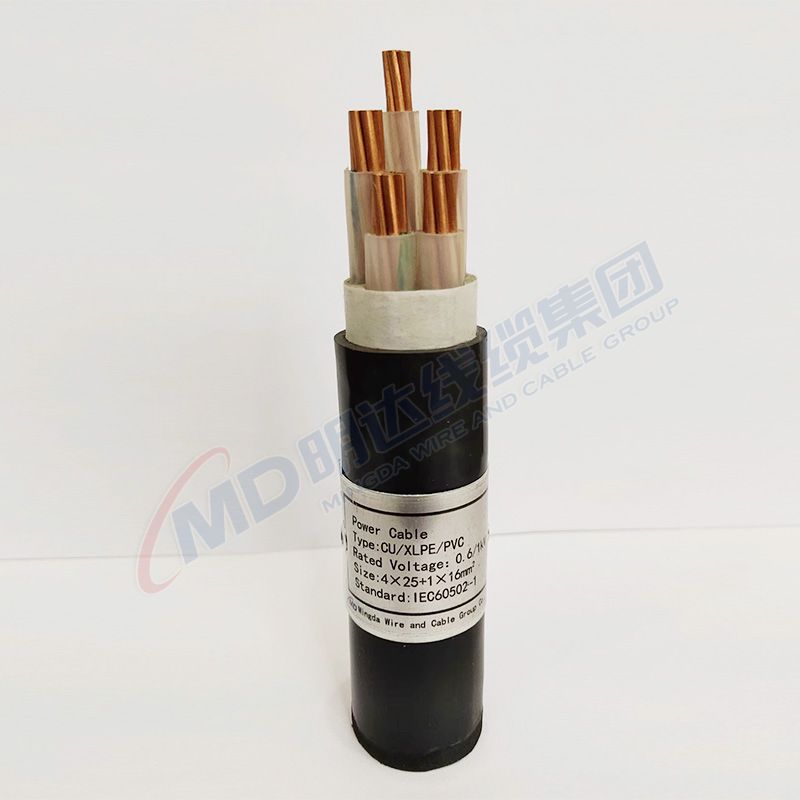Nov . 08, 2024 20:47 Back to list
copper cable wire
Understanding Copper Cable Wires A Key Component in Electrical Connectivity
Copper cable wires have become a vital element in our daily lives, serving as the backbone for numerous electrical systems, from residential wiring to industrial applications. Their unique properties make them the preferred choice for numerous electrical and electronic applications. This article will discuss the significance, properties, types, and applications of copper cable wires.
Why Copper?
Copper, a naturally occurring metal, has been used for centuries due to its excellent electrical conductivity. In fact, it ranks second only to silver in terms of conductivity, making it an ideal choice for electrical wiring. Additionally, copper is relatively abundant, affordable, and possesses high thermal conductivity, which allows for efficient heat dissipation. These characteristics render copper an unparalleled choice for electrical applications.
Properties of Copper Cable Wires
1. Conductivity The most notable property of copper is its electrical conductivity. Copper wires can carry large amounts of current without overheating, making them suitable for various applications.
2. Ductility Copper is highly ductile, which means it can be drawn into thin wires without breaking. This property is crucial in manufacturing processes, allowing wires to be made in a range of thicknesses.
3. Corrosion Resistance Copper has a protective patina that forms over time, enhancing its resistance to corrosion. This is particularly beneficial for outdoor applications, where exposure to moisture and environmental factors could otherwise lead to degradation.
4. Thermal Conductivity Copper effectively disperses heat, providing stability in electrical systems, which is particularly important in high-power applications.
Types of Copper Cable Wires
Copper cable wires come in various types, each designed for specific applications
1. Solid Copper Wire This type consists of a single strand of copper and is commonly used in applications requiring durability and rigidity, such as electrical panels and high-load circuits.
copper cable wire

2. Stranded Copper Wire Comprising multiple smaller strands twisted together, stranded wire is more flexible than solid wire. This flexibility allows it to be used in applications where movement is necessary, like in automotive wiring and electronic devices.
3. Bare Copper Wire Without insulation, this wire is often used in grounding applications and other situations where no electrical insulation is needed.
4. Insulated Copper Wire Copper wire is coated with an insulating material, such as PVC or rubber, to prevent short circuits and electrical shocks. This type is prevalent in building wiring and electronic devices.
Applications of Copper Cable Wires
Copper cable wires are indispensable in a wide variety of applications, including
1. Residential Wiring Copper wiring forms the intricate networks that supply electricity to homes. From the main service panel to outlets and fixtures, copper’s conductivity ensures efficient power delivery.
2. Telecommunications Copper cables, especially twisted pair cables, are used extensively for telephone and internet connections. They facilitate data transmission, making communication possible in our interconnected world.
3. Industrial Machinery Copious amounts of copper wire are utilized in industrial machinery and equipment, helping to ensure smooth operation and reliable power supply.
4. Automotive Uses Copper wiring is essential in automobiles for powering electrical components such as lights, infotainment systems, and sensors. The flexibility of stranded copper wire makes it ideal for automotive applications.
5. Renewable Energy With the rise of renewable energy sources, copper is playing a crucial role in solar panels and wind turbines, effectively transmitting the electricity generated to power the grid.
Conclusion
In conclusion, copper cable wires are foundational to modern electrical and electronic systems. Their outstanding properties of conductivity, flexibility, and resistance to corrosion make them suited for a range of applications, from residential wiring to complex industrial machines. As technology continues to evolve, the importance of copper cable wires will likely grow, solidifying their role as a cornerstone of electrical connectivity. Whether powering our homes or driving technological innovations, copper remains an enduring symbol of efficiency and reliability in the world of electrical systems.
Share
-
Reliable Wafer Type Butterfly Valves for Every IndustryNewsJul.25,2025
-
Reliable Flow Control Begins with the Right Ball Check ValveNewsJul.25,2025
-
Precision Flow Control Starts with Quality ValvesNewsJul.25,2025
-
Industrial Flow Control ReliabilityNewsJul.25,2025
-
Engineered for Efficiency Gate Valves That Power Industrial PerformanceNewsJul.25,2025
-
Empowering Infrastructure Through Quality ManufacturingNewsJul.25,2025